2022 Dedh Dew Cans Trei Ügens ha Dewdhek
De Yow, nawhes warn ügens mis Gwedngala
Thursday, 29th September
We
can argue that place names helped to preserve the Cornish language.
Even when the Cornish language was described by UNESCO as “extinct”,
it was still going strong in place names.
Here
are words for “field” used in place names.
GWEL
means an open field.
In historic place names it was gweal, gweale, gwel, gul, gold or gal
PARK
means field
or enclosure. In normal
usage it can be the same as an English park.
In
place names it may be park or parc
LEYN
means a strip
field or stitch of land
- a throwback to an earlier system of agriculture.
In
place names it may be leen, lin, lane or lene
Here
are some examples of GWEL names (names in blue are the equivalents
written in the Standard
Written Form)
(Map
references will help
you find them on a Ordnance Survey map)
Gwealavellan
Gwel an Velyn (SW5941)
= the
mill field
(Gweal-la-vellan
in 1736)
Gwealmellin
Gwel Melyn (SW7428)
= mill
field
Gwealdues
Gwel Du
(SW6628)
= dark/black
field
(Gweale
due in 1691)
The
gweal element does not always come first, e.g.
Chyangweal
Chy an Gwel
(SW5238)
= house
at the open field
Sometimes
the gweal element has been dropped, e.g.
Comprigney
Gwel Cloghprennyer (SW8145)
= gallows field
(Gwele
Cloke-prynnyer in 1597)
There
is a place on Scilly called “Gweal” but that has a different
origin and meaning.
Gweal
Gwedhyel (SV8615)
= place
of trees
(Gwithiall
Iland in 1652) - may refer to a pre-submergence era, as it is now a
coastal inlet.
.png)




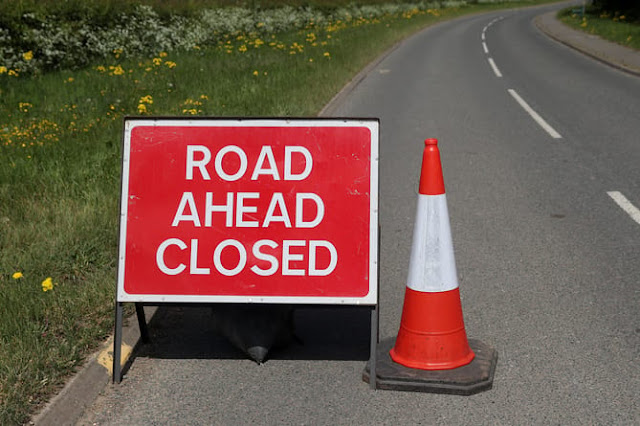



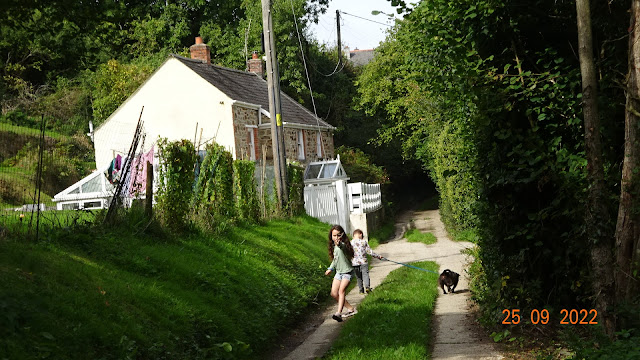







.png)
.png)
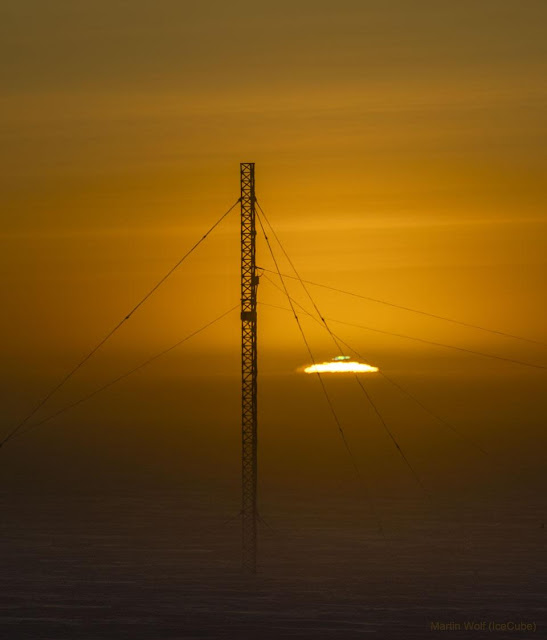
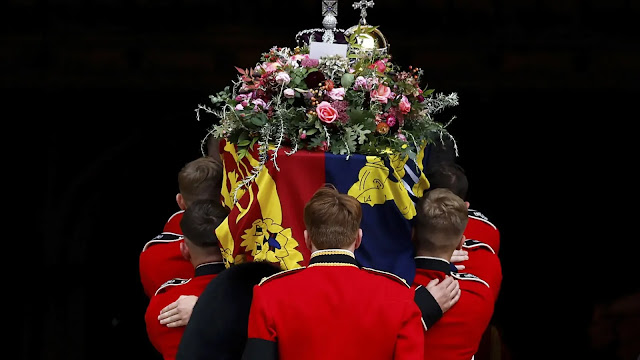




.webp)



.JPG)





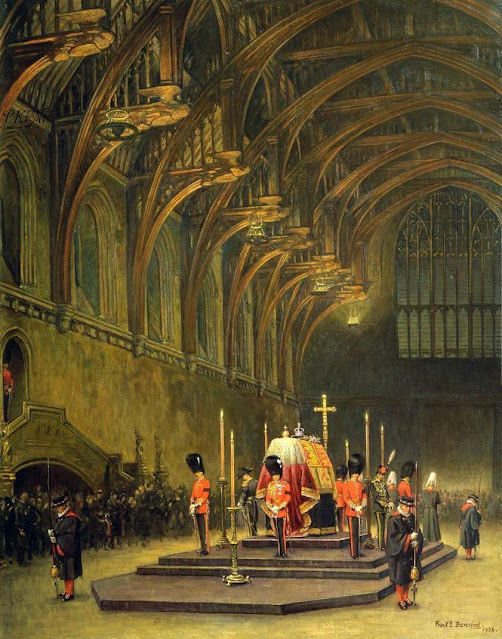

.JPG)
.JPG)
.JPG)